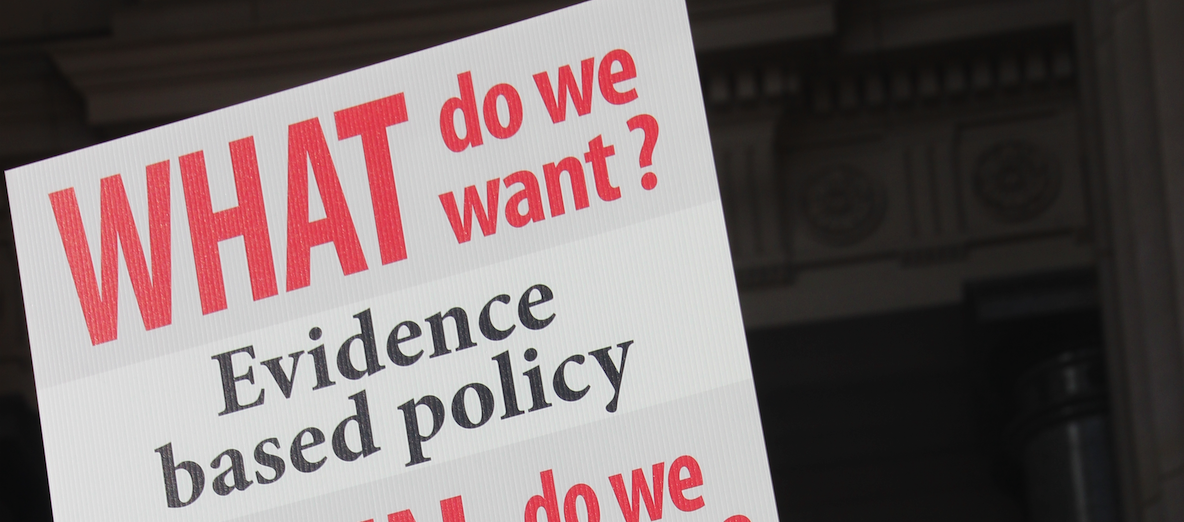Even as Canadian Heritage Minister Pablo Rodriguez continues to insist that user content isn’t touched by Bill C-11, the CRTC is sending a different message. In a recent article on how digital creators are contemplating leaving Canada as a result of Bill C-11’s regulation of user content, the CRTC stated:
We strongly encourage interested parties – like TikTok users – to monitor our announcements and participate in public processes. Any decisions on who would have to register and how would only follow those processes, and people should make no assumptions about how the Commission may rule beforehand.
The CRTC and its chair Ian Scott contradicting Rodriguez has been a regular occurrence throughout the Bill C-11 process.











